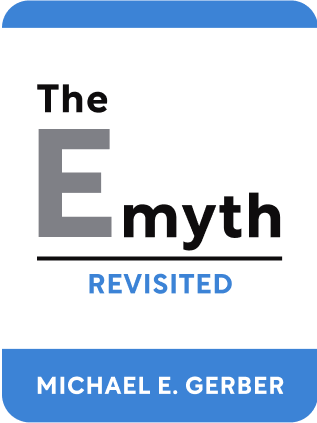

This article is an excerpt from the Shortform book guide to "The E-Myth Revisited" by Michael E. Gerber. Shortform has the world's best summaries and analyses of books you should be reading.
Like this article? Sign up for a free trial here .
Do you have a personnel plan for your business? Do your employees find satisfaction and success in the work they do for your organization?
In The E-Myth Revisited, Michael E. Gerber explains what an effective personnel plan looks like. He shows how to see your work environment and rules as a game, which helps set people up for success and satisfaction in their work. He also provides tips for an effective hiring process.
Read more to discover what comprises an effective personnel plan.
Designing and Implementing a Personnel Plan
To get things done—and done right consistently—you must create an environment where doing what needs to be done is important and satisfying to the people tasked to do it. Create processes that make habits out of doing what you want done.
Help people understand the purpose of the work you’re asking them to do, and make sure the steps and standards are clear. Review the company’s objectives, standards, strategy, philosophy, and operations manual. Exemplify the behavior you want to see from your employees.
The work environment and rules you create for accomplishing the company’s purpose can be likened to a game in which everyone participates and tests their skills and talents. Communicate your business’s “game” (its purpose and method of achieving it) to each employee when you start your relationship. How you do this is your personnel plan.
Here are some guidelines for establishing and communicating your game (purpose and methods):
- Establish the parameters at the beginning.
- Be willing to play your own game (set an example, for instance, by how you treat customers).
- Create opportunities for people to “win” or succeed and be recognized, although the game is always ongoing.
- Constantly remind people of the game (purpose).
- To keep it interesting, change tactics (methods) occasionally, although your overall strategy must remain the same.
- Make playing the game (achieving your business’s purpose) fun.
- Make it logical. For example, here’s the logic of a hotel’s “game”: In today’s chaotic and busy world, people need a place of order and calm. Our business can fulfill this need by creating a special place, where the physical environment and everything we do contributes to a sense of order.
Your Hiring Process
Your hiring process is a critical piece of your personnel plan and crucial to achieving your purpose. It’s your first opportunity to communicate your purpose to potential employees.
As an example, consider a hotel owner who follows a carefully designed and scripted process of choosing, hiring, and orienting employees. It includes a presentation in a group meeting to all applicants, followed by an individual meeting to discuss each applicant’s reactions to the ideas presented.
A new employee’s first day of training includes:
- A review of the business owner’s purpose and methods.
- A summary of the system for carrying out the business’s purpose.
- A tour of the facility, accompanied by an explanation of each person’s job.
- A question-and-answer period.
- A presentation of the uniform and operations manual.
- A review of the manual, position contract, and business objectives.
- A discussion of how the business does things (rules of the game).
The centerpiece of your personnel plan is the clear communication—to and by your people—of your way of doing business. This differentiates your business from your competitors’.

———End of Preview———
Like what you just read? Read the rest of the world's best book summary and analysis of Michael E. Gerber's "The E-Myth Revisited" at Shortform .
Here's what you'll find in our full The E-Myth Revisited summary :
- Why so many new business owners fail
- Why how you produce something is more important than what you produce
- The 7 components that you as an owner must work through






